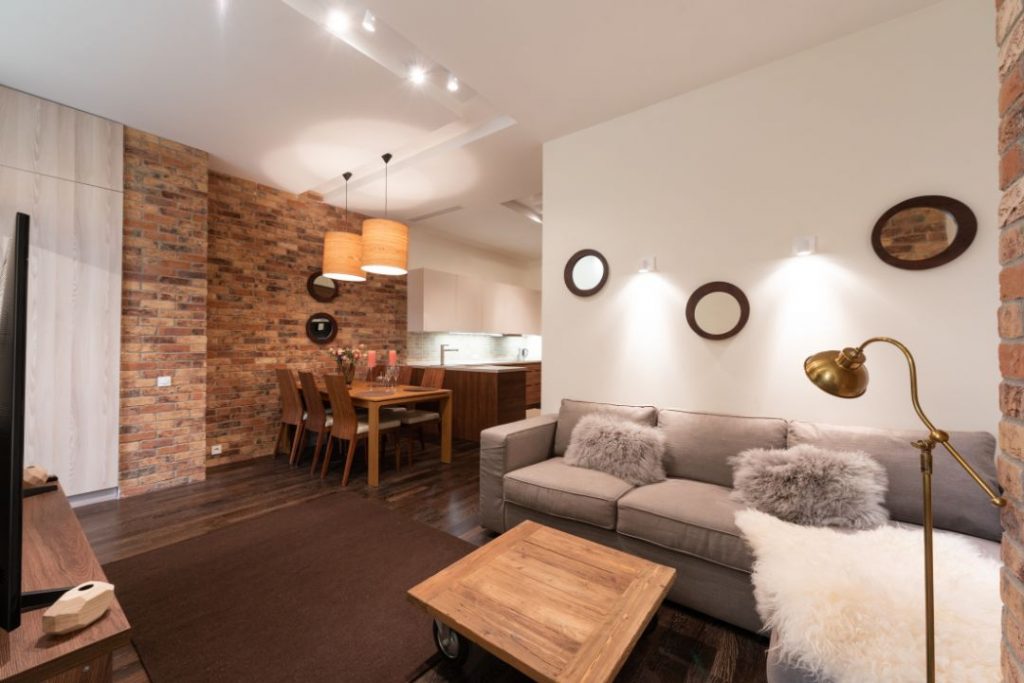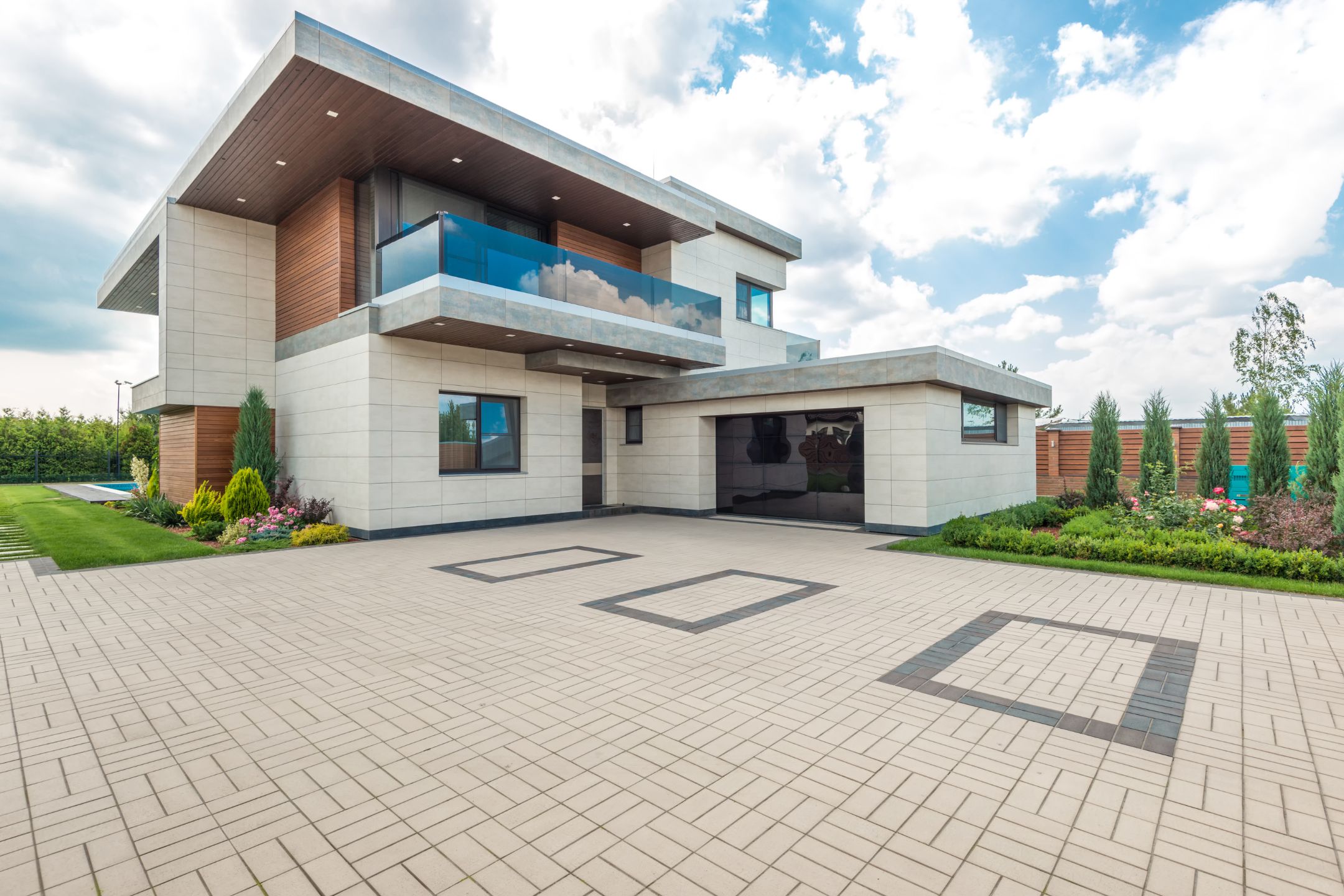Understanding Accessory Dwelling Unit
Accessory Dwelling Units (ADU) are becoming increasingly popular among homeowners and real estate investors. But what exactly are ADUs, and why are they gaining so much attention?
Definition of ADU
An Accessory Dwelling Unit (ADU) is an additional living space on a single-family residential property. This self-contained unit includes a kitchen, bathroom, and sleeping area, providing all the comforts of a traditional home. Often known as a granny flat, in-law suite, or backyard cottage, ADUs are highly versatile and serve multiple purposes. They can house extended family members, generate rental income, or function as a private workspace. ADUs offer a practical solution for enhancing property value and addressing housing shortages in urban areas.
Basic Concept and Purpose
The primary purpose of an ADU is to provide additional living space, which can be used for various purposes, including renting it out for extra income, housing family members, or even serving as a home office. ADUs maximize the use of existing property without the need for additional land.
Historical Context and Evolution
ADUs are not a new concept. They have been around for decades, often called granny flats, in-law suites, or carriage houses. In recent years, their popularity has surged due to increasing housing costs and the need for more flexible living arrangements.
Types of Accessory Dwelling Unit (ADU)

ADUs come in various forms, each catering to different needs and preferences. These types range from detached units and garage conversions to basement apartments and built-out attics. Here are some common types of ADUs:
Detached Accessory Dwelling Unit
Detached ADUs are standalone units separate from the primary residence. They can be a small cottage or a tiny house in the backyard. These ADUs offer complete independence and privacy for occupants.
Attached Accessory Dwelling Unit
The attached ADUs are built as an addition to the existing home. They share a wall with the primary residence but have a separate entrance. This type of ADU is ideal for those who want to keep family members close while maintaining privacy.
Interior Accessory Dwelling Unit
Interior ADUs are created within the main house by converting basements, attics, or unused spaces. They are an excellent option for homeowners who want to optimize the space within their existing footprint.
Garage Conversion Accessory Dwelling Unit
Garage conversions involve transforming an existing garage into a livable space. This type of ADU is cost-effective since it utilizes the existing structure, reducing the overall construction costs.
Advantages of Accessory Dwelling Unit (ADU)

- Additional Income Potential – One of the most significant advantages of an ADU is the potential to generate rental income. Homeowners can offset their mortgage payments or increase their overall revenue by renting out the ADU.
- Flexible Living Arrangements – ADUs offer flexible living solutions for various family situations. They can house elderly parents or adult children or provide guest accommodations.
- Increased Property Value – Adding an ADU can significantly increase the value of a property. Prospective buyers consider ADUs valuable, making the property more attractive in the real estate market.
- Support for Aging in Place – ADUs are an excellent option for aging homeowners who wish to downsize without leaving their property. They can move into the ADU and rent out the main house, maintaining their independence while generating income.
Advantages of Accessory Dwelling Unit (ADU)
- Initial Construction Costs – Building an ADU involves considerable upfront costs. Homeowners must budget for design, permits, construction, and potential utility upgrades to support the additional dwelling.
- Zoning and Regulatory Hurdles – Zoning laws and regulations can pose challenges for homeowners looking to build an ADU. Researching local zoning codes and obtaining necessary permits before starting construction is essential.
- Potential Impact on Property Taxes – Adding an ADU to a property can increase property taxes. Homeowners should consider this potential cost when planning their ADU project.
- Possible Neighborhood Opposition – Not all neighbors may be supportive of ADUs. Concerns about increased density, parking, and neighborhood character changes can lead to opposition and potential conflicts.
ADUs are versatile and valuable additions to residential properties. They offer numerous benefits, including additional income, flexible living arrangements, increased property value, and support for aging in place. However, homeowners should know the initial construction costs, regulatory challenges, potential tax impacts, and possible neighborhood opposition.
While ADUs present several advantages, weighing these against the potential drawbacks is vital. Proper planning, budgeting, and understanding local regulations can help mitigate many challenges of building an ADU.




